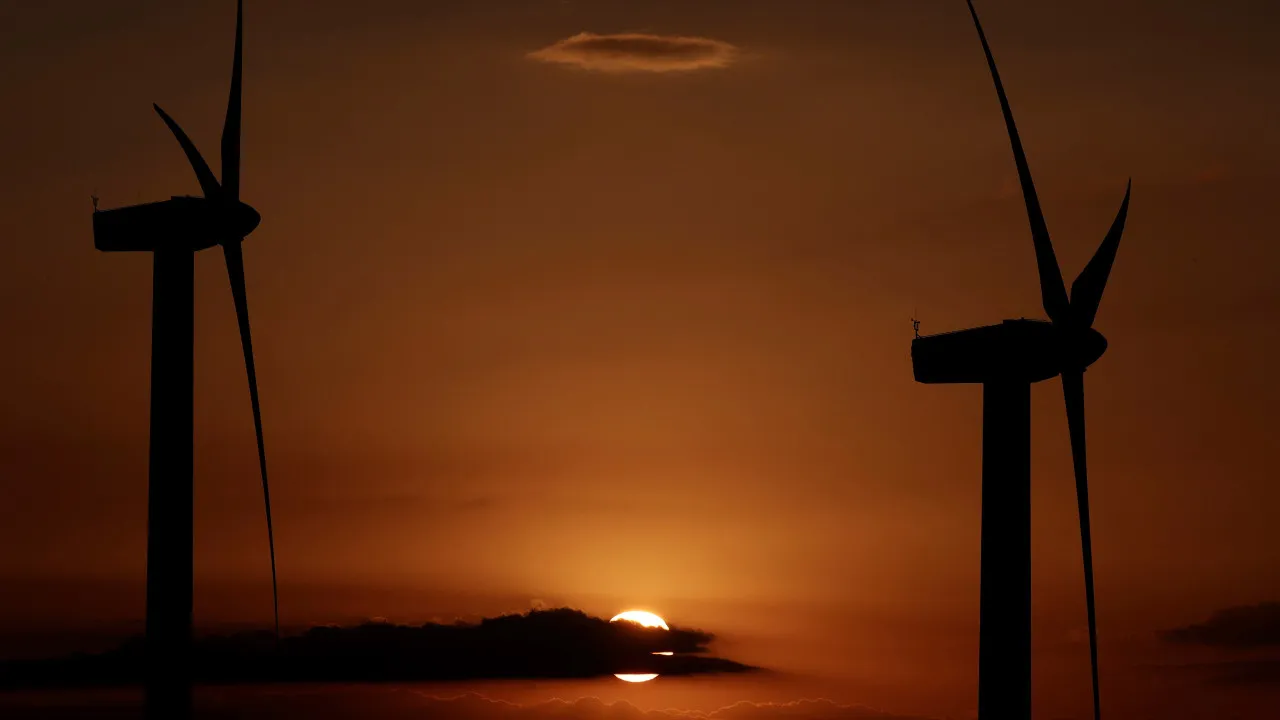
Energy transition policies in the Iberian Peninsula hold a promising future, according to the study ‘After the Energy Crisis: Policy Responses in the Iberian Peninsula.’ The research was conducted by Gonzalo Escribano, Ignacio Urbasos, Ana Fontoura Gouveia, former Secretary of State for Energy, and João Fachada, former technical advisor, representing a collaboration between the Francisco Manuel dos Santos Foundation (FFMS) and the American Brookings Institution.
“Both Portugal and Spain are well-positioned to lead the energy transition and seize new opportunities for green industrialization, thanks to abundant renewable resources, technical expertise, and robust institutions,” notes the report.
The study highlights that the Iberian countries have set ambitious goals in their National Energy and Climate Plans for 2030 (PNEC/PNIEC), focusing on electrification, green hydrogen, and the strengthening of electrical and hydrogen interconnections with the rest of Europe.
However, the study identifies critical challenges, such as the lack of interconnections with the rest of the European Union (EU), bureaucratic licensing processes, limitations in the electricity grid, and the need to engage local communities in sharing the benefits of energy projects.
According to the researchers, reinforcing electrical and hydrogen interconnections between the Peninsula and the rest of Europe “is now a geopolitical and climatic priority and should be accompanied by industrial and social policies to ensure a just, competitive, and inclusive transition.”
Strengthening cross-border interconnections is described as “an urgent necessity following the blackout that affected the Iberian Peninsula in April this year,” the study emphasizes.
The report concludes that Portugal and Spain have growing installed capacities in solar, wind, and hydropower and “can play a central role in the future European green hydrogen market.”
Moreover, their liquefied natural gas (LNG) infrastructures “are strategic for diversifying energy imports, especially natural gas from the U.S. and Nigeria, while long-term contracts with Russia should be phased out by 2027.”
The study also indicates that the Portuguese and Spanish populations “demonstrate strong support for the energy transition, viewing it as an economic opportunity.” This political capital, the study argues, “should be leveraged to accelerate the implementation of projects and policies that promote inclusive decarbonization, capitalizing on regional competitive advantages.”
This document represents the fourth policy paper in a series of six, as part of a comprehensive study titled ‘Europe’s Energy Transition: Balancing the Trilemma,’ to be published by the end of 2025.




